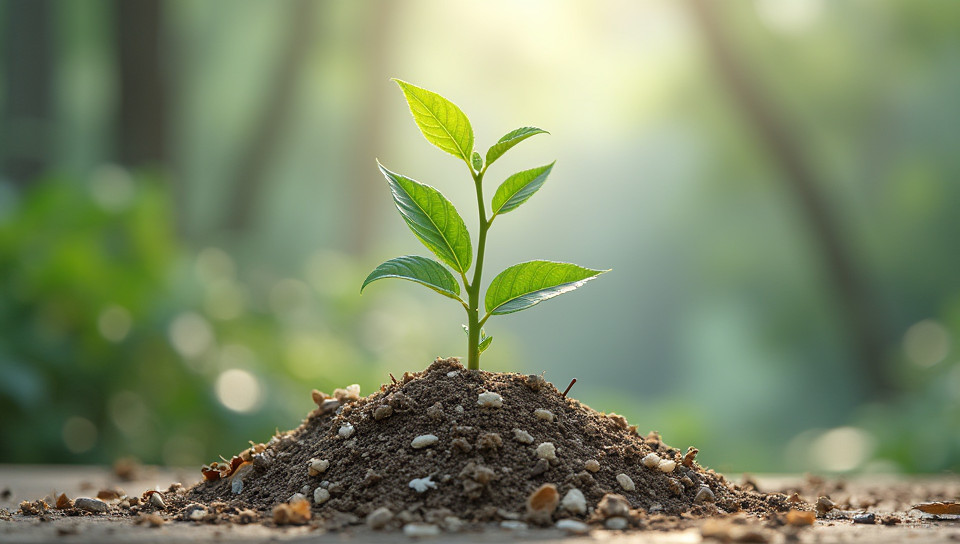Single-use products promote waste and environmental degradation 91%

The Hidden Cost of Convenience: How Single-use Products Harm Our Planet
In today's fast-paced world, convenience has become the ultimate luxury. We're constantly on the lookout for ways to save time and make our lives easier, often without considering the long-term consequences of our actions. One such area where convenience has led to a major environmental issue is single-use products.
The Alarming Statistics
- Plastic water bottles account for over 8 million tons of plastic waste in the ocean each year.
- Over 500 billion single-use plastic bags are used worldwide every year, contributing to an estimated 1.2 million marine animals killed annually.
- It's estimated that if we don't change our ways, there will be more plastic than fish in the ocean by 2050.
The Impact of Single-use Products on Our Environment
Single-use products have become an integral part of our daily lives. From straws and bags to water bottles and coffee cups, it seems like every aspect of our lives is wrapped in some form of disposable packaging. But what's the real cost of this convenience? The answer lies in the alarming statistics mentioned above.
Breaking the Cycle of Waste
So, how can we break free from the cycle of waste and start living more sustainably? Here are a few simple changes you can make:
- Start carrying a reusable water bottle or coffee cup with you.
- Refuse single-use straws and bags whenever possible.
- Choose products with minimal packaging or those that use biodegradable materials.
A Shift in Mindset
The problem with single-use products isn't just about the waste they generate; it's also about our mindset. We need to start valuing sustainability over convenience. By making a few simple changes, we can significantly reduce our environmental footprint and create a better future for ourselves and generations to come.
Conclusion
Single-use products may seem like a harmless luxury, but the truth is that they have far-reaching consequences for our planet. From pollution to waste management issues, the impact of single-use products on our environment cannot be ignored. By making conscious choices and adopting sustainable practices, we can create a better world for ourselves and future generations. The time to act is now; let's start by breaking free from the cycle of waste and embracing a more sustainable lifestyle.
- Created by: Sophia Navarro
- Created at: Aug. 19, 2024, 9:16 p.m.
- ID: 7729







